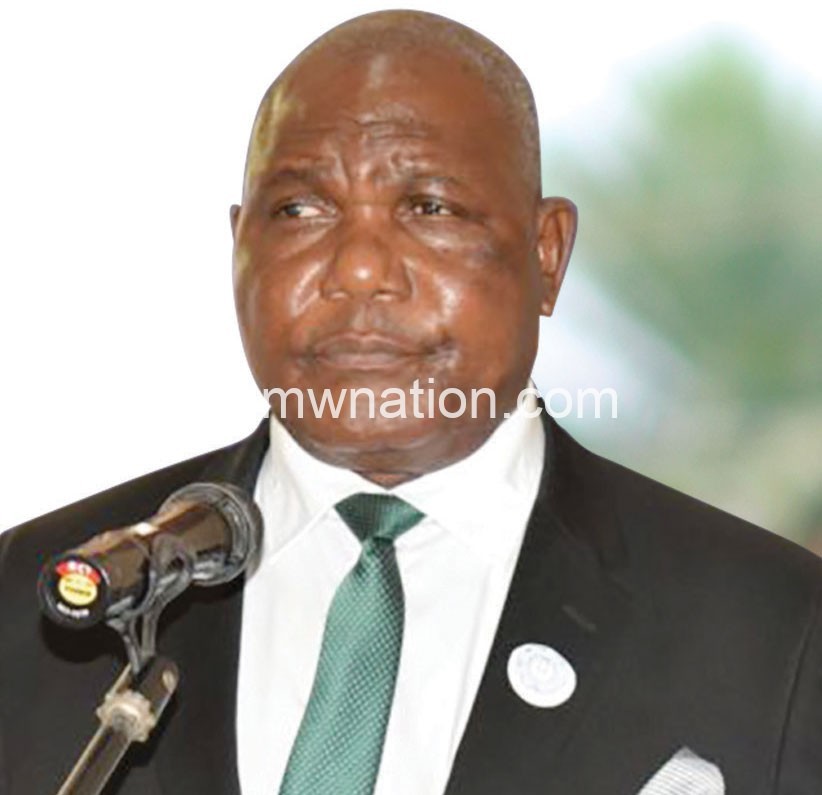Civil servants say no to 10% raise
Civil Servants Trade Union (CSTU) has given government seven days to implement a 15 percent salary increment based on the two parties’ earlier agreement or face a strike.
The CSTU demand—which if fully implemented could further bloat the wage bill—comes against a background of government offering a 10 percent salary hike for the 2021/22 financial year which started on July 1.

In a letter dated July 15 2021 addressed to Secretary to the President and Cabinet Zanga-Zanga Chikhosi, CSTU expressed disappointment with government’s failure to implement the average 15 percent increment.
Reads the letter in part: “We are registering our disappointment with government over the lack of seriousness regarding implementation on negotiations concerning civil servants salary increment for 2021/2022 fiscal year.
“CSTU and GNT [Government Negotiating Team] amicably negotiated and agreed. However, we have noted with great concern that government is delaying to implement what we agreed on the salary increment.”

The union said they expect government to implement the increment within seven days from July 15 or face a national industrial action.
They also said that on May 26 2021 they gave government a notice of 21 days which elapsed on June 25 2021, calling a nationwide industrial action.
In an interview yesterday, CSTU president Joseph Mdambo asked government to treat the issues with the seriousness they deserve to avoid consequencies of a strike.
He said the demand for the 15 percent increment is justified because the cost of living has gone up.
Said Mdambo: “Inflation is on the rise, which in turn is affecting civil servants’ disposable income. Life is becoming hard for civil servants.
“With the cost of living going up, it is hard for someone to look after a family of five with what the civil servants are currently getting.”
He said the 15 percent being demanded is the average across the positions.
“The percentages differ depending on positions. The lowest percentage being demanded is 8 percent and highest percentage is 18 percent,” said Mdambo.
In an interview yesterday, Minister of Finance Felix Mlusu said he had not seen the communication regarding the CSTU demands; hence, could not comment on the matter
Chikhosi, on the other hand, could not be reached on his mobile phone for comment.
In the K1.9 trillion 2021/22 National Budget, wages and salaries are projected at K436.3 billion which represents 4.2 percent of the rebased gross domestic product, valued at $10.9 billion (about K8.1 trillion).
At K436.3 billion, the wage bill represents 22 percent of the K1.99 trillion 2021/22 National Budget which will run for nine months from July 2021 to March 2022.
If the Tonse Alliance administration succumbs to CSTU pressure the move could see the wage boated to K502 billion or roughly 25 percent of the 2021/22 budget.
The demands are coming at a time when government is struggling to collect more domestic revenue due to the negative impact of the Covid-19 pandemic.





